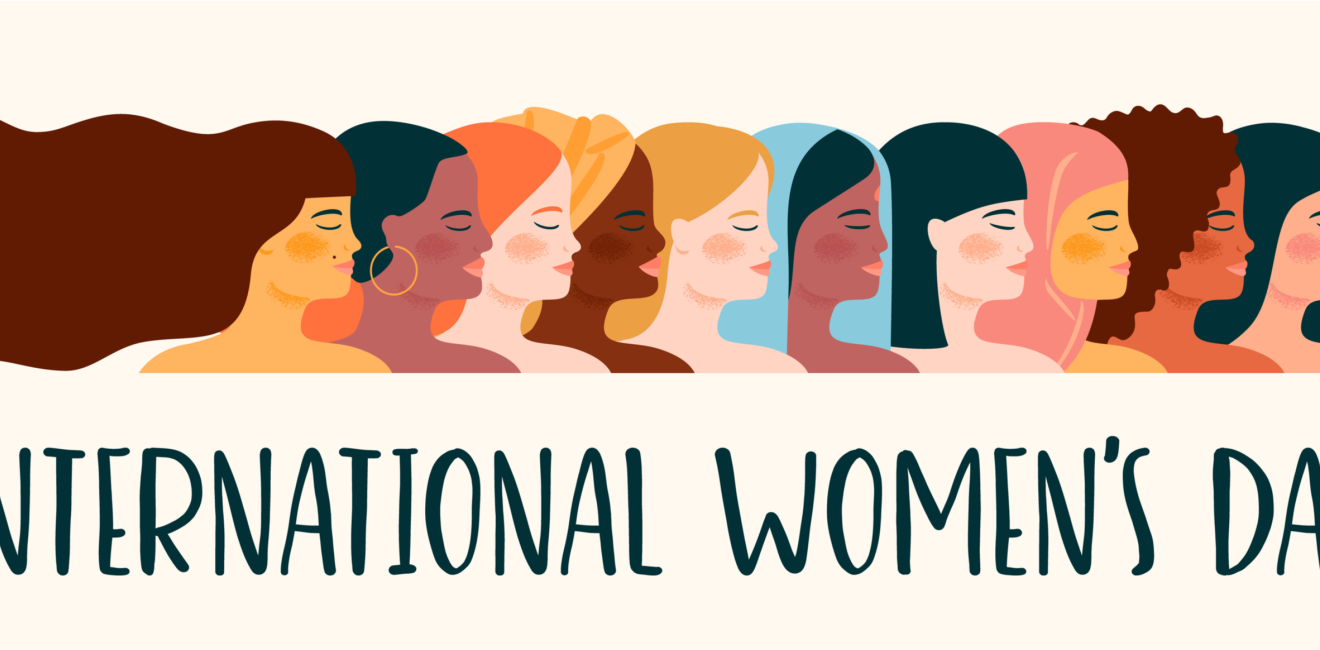
A blog of the Middle East Women's Initiative
Today on March 8th the Middle East Program presents 8 new blogs to mark International Women’s Day. These authors are women writers, scholars, and professionals from the Middle East and North Africa region who shine a light on the women of MENA. One year into the global pandemic, the status of women has regressed, particularly on the economic, social, and political fronts. Akin to global trends, the region has witnessed a surge in gender-based violence and in job losses amongst employed women; adding to the myriad challenges women already face in society, especially in conflict stricken countries like Yemen, Syria, and Libya, where the hardships they endure are amplified.
Here in the United States, according to recent job reports, “of the net 9.8 million jobs lost since February 2020, women have accounted for 55% of them.” As the world continues to grapple with COVID-19 and its variants, confronted with unequal access to vaccinations, exhausted healthcare systems, and ailing economies, the impacts on women will likely worsen further. Thus it is imperative to address the challenges women are facing at home and abroad. That is indeed the mandate of the newly formed Gender Policy Council under the Biden-Harris White House. This entity should be replicated in the MENA region where official apparatuses to address women’s issues are either absent or powerless and where women-led civil society organizations are the primary drivers of change—not only for women’s rights but also for peace and security. As the GPC charts its strategy on both domestic and foreign policy, it is important that it listens to the voices of local women for whom it advocates.
Kahina Bouagache paints a grim picture as victims of femicide increase in Algeria under pandemic conditions, stressing that “gender equality to prevent violence against women must not only be mandatory but also implemented effectively.” She adds that interventions to address GBR “must address the particular needs of women and girls; they must be treated as equal partners in all efforts to build peace, actors in the economy, and support the nation all together.”
In Bahrain, Wafa Alaam points to the challenges Bahraini women face on the legal and political fronts despite the government’s appreciation for empowering them. She urges the Biden administration to work with its allies in the region, including Bahrain, to “implement general political reforms that will include women by opening the way for civil society and to reform restrictive legislation that discriminates against women.
Margot Badran, writes that U.S. foreign assistance to Egypt is “best utilized by prioritizing support for the training of women among the urban and rural poor—the vast majority of the population—in healthcare provision and income generating activities.” She observes that women’s efforts are key to ending the pandemic in Egypt at the family, community and national levels.
Haleh Esfandiari highlights the human rights challenges facing women in Iran, urging the United States to listen to the voices of human rights and women’s activists such as that of Nasrin Sotoudeh in both the homeland and the diaspora, for it is “these women, active on the ground, who best understand what needs to be done and the kind of support they need.”
On Israel, Noa Balf urges the Israeli government to “take concrete action to minimize the long-term negative effect of the pandemic on women’s employment and the large and persistent gender wage gap,” to which the GBC should pay careful attention.
Leila Hanafi emphasizes strengthening the formal justice system in Morocco while also acknowledging informal justice practices, explaining that one of the biggest obstacles in her country “is to address the legislative gaps that persist with disparities between the laws on the books and their implementation.” She adds that the U.S. “should engage with both the formal and informal justice systems to ensure that justice programming promotes recognition of basic human rights standards, which are central to the Biden-Harris foreign policy agenda.”
In Tunisia, Lilia Labidi writes that the COVID-19 pandemic has elevated the role of women scientists and healthcare workers. She sees this as a “critical moment for ‘science diplomacy’ between countries such as Tunisia and the United States,” adding that the GPC, “can invigorate scientific exchanges by emphasizing the accomplishments and ambitions of women scientists.”
And from Yemen, Iman Al Harithi reminds us that while Yemeni women played a key role in the 2011 uprisings, the ravages of war have most severely impacted women and girls. Lacking a formal system that protects women, Al Hairithi urges international organizations and global leaders, including the United States, to engage women in the political process, because“without women's political engagement within the peace negotiation and political system, Yemen won’t have a stable future and the governing system will remain weak and fragile.”
In conclusion, these women leaders reveal difficult challenges facing women throughout MENA, but guide us to important solutions as well as how the United States can support efforts on the ground. If their voices are heard, the Gender Policy Council’s work may effectively move the needle for women in a region that continues to be vital to U.S. national security.
Author


Middle East Program
The Wilson Center’s Middle East Program serves as a crucial resource for the policymaking community and beyond, providing analyses and research that helps inform US foreign policymaking, stimulates public debate, and expands knowledge about issues in the wider Middle East and North Africa (MENA) region. Read more


Middle East Women's Initiative
The Middle East Women's Initiative (MEWI) promotes the empowerment of women in the region through an open and inclusive dialogue with women leaders from the Middle East and continuous research. Read more

Explore More in Enheduanna
Browse Enheduanna
Women are the Catalysts for Change in Lebanon

How Education Can Empower Young Women in MENA


